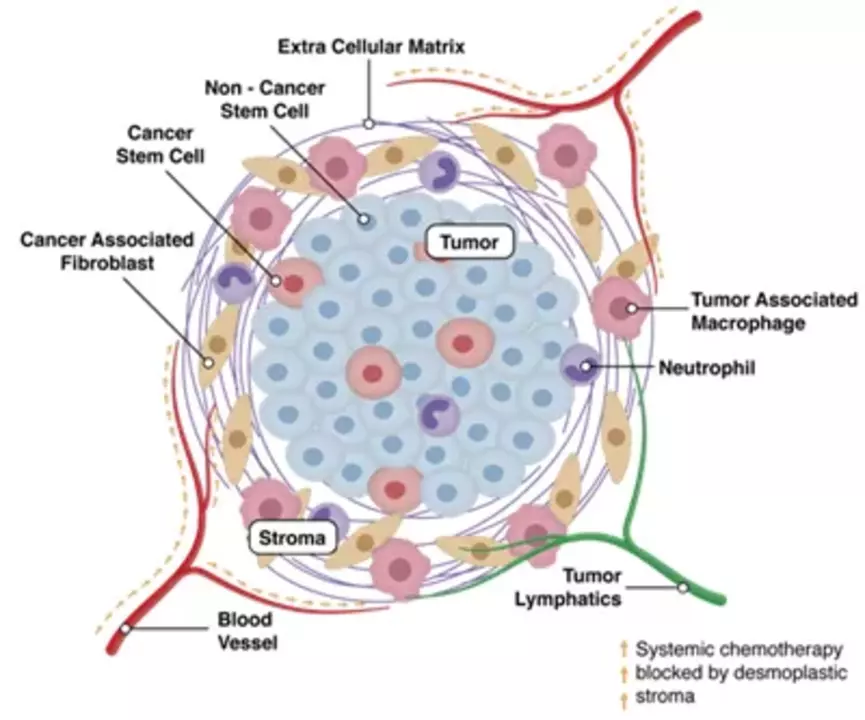Cyclophosphamide — what you need to know
Cyclophosphamide is a widely used chemotherapy and immunosuppressant drug. You might hear it called an alkylating agent. Doctors use it for cancers (like lymphoma, leukemia, breast cancer) and for autoimmune problems (such as lupus, vasculitis, and severe rheumatoid arthritis). It’s powerful, so knowing the main risks and practical tips helps you stay safer while on treatment.
How cyclophosphamide is given and typical effects
It comes as an IV infusion or as pills you take by mouth. Doses vary a lot depending on the disease and whether it’s part of a combination plan. Short courses for cancer tend to use higher doses; autoimmune treatment often uses lower, intermittent doses.
What you’ll likely notice first is bone marrow suppression — that means lower blood counts. Low white cells raise infection risk, low platelets can cause bleeding, and low red cells cause tiredness. Nausea, hair thinning, and mouth sores are common too. Most of these side effects are temporary and monitored closely.
Key safety points — what to watch for
Bladder irritation and bleeding (hemorrhagic cystitis) is a signature risk with cyclophosphamide. Drink lots of water on treatment days. When doctors use high doses, they often give MESNA — a protective medicine — and check urine regularly.
Infertility is real with this drug. Men can have sperm damage; women can lose ovarian function. If you might want kids later, discuss sperm or egg banking before starting. Your care team will tell you the safest window for pregnancy after treatment.
Because cyclophosphamide weakens the immune system, avoid live vaccines while on treatment and follow your doctor’s advice about timing for routine shots. Also report any fevers or infections immediately — low white cells can make infections dangerous fast.
Other important checks: your doctor will monitor blood counts often, plus kidney and liver tests. If you have blood in urine, new severe belly pain, fever, unexpected bruising, or shortness of breath, contact care right away.
Practical tips for patients
Bring a list of all medicines and supplements to every visit — some drugs change how cyclophosphamide works. Try to stay hydrated before and after doses. If you feel very tired, ask your team about simple ways to conserve energy and when to get blood tests checked.
Talk fertility openly with your provider. Ask whether MESNA or hydration steps will be used for your plan. Keep a calendar of lab appointments and symptoms so you can spot warning signs early.
Cyclophosphamide can be intimidating, but it’s effective when used carefully. Use your treatment team as your resource: ask about monitoring schedules, contraception, and infection precautions. That keeps you safer and helps treatment work as intended.
The Use of Cyclophosphamide in the Treatment of Pancreatic Cancer

As a blogger, I recently came across some interesting information about the use of Cyclophosphamide in treating pancreatic cancer. This chemotherapy drug has been proven effective in targeting rapidly dividing cancer cells while minimizing harm to healthy cells. Its use in pancreatic cancer treatment has shown promising results, particularly when used in combination with other drugs or therapies. However, it's crucial to remember that every patient's situation is unique, and the success of Cyclophosphamide may vary. It's essential for patients to consult with their healthcare team to determine if this treatment option is suitable for their specific case.
